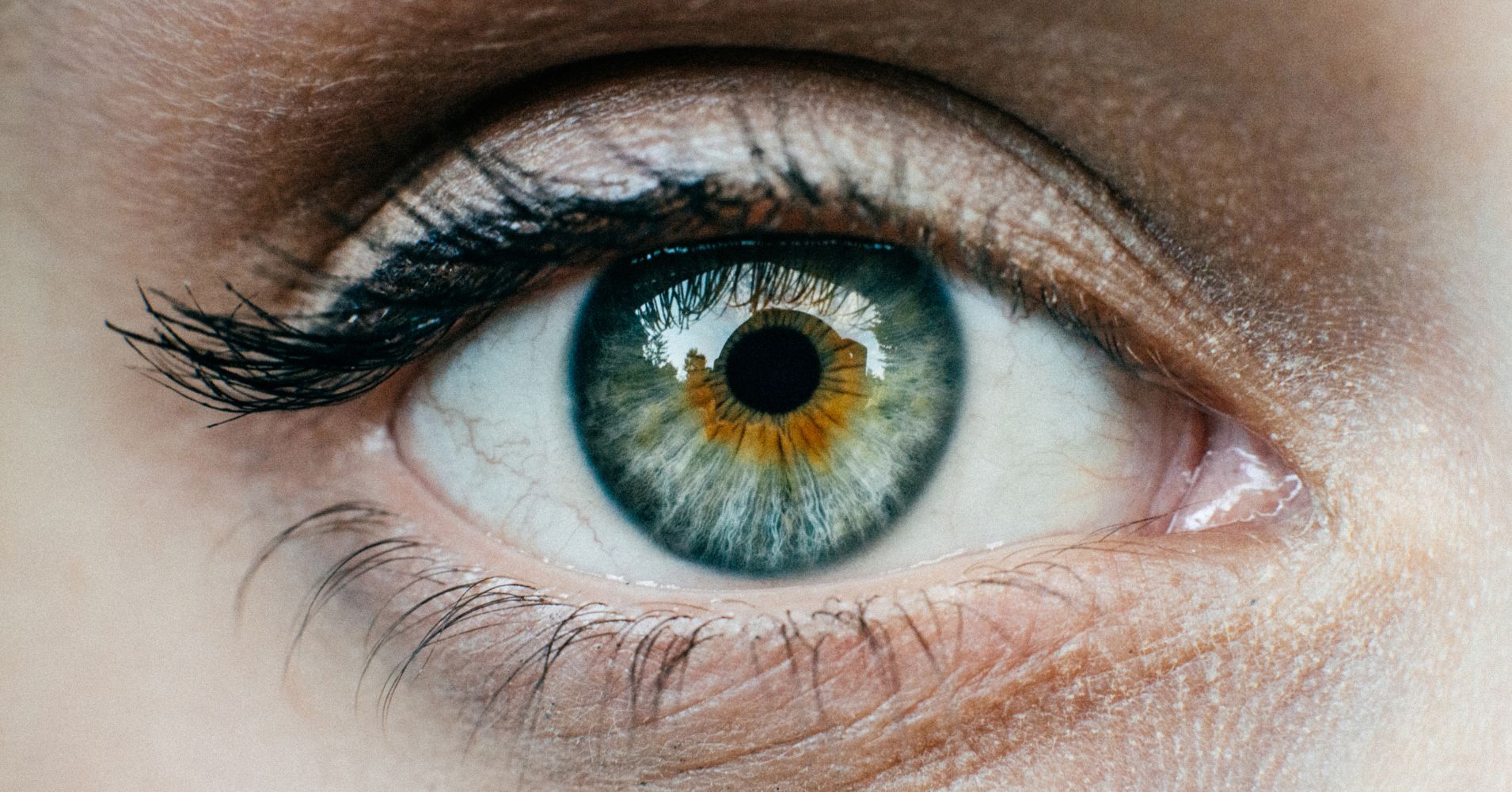
Machine-learning technology has been used to identify signs of eye disease and recommend how patients should be referred for treatment.
The breakthrough is the result of a partnership between researchers at London’s Moorfields Eye Hospital NHS Foundation Trust, DeepMind Health and the University College London Institute of Ophthalmology.
The collaboration is looking at whether artificial intelligence (AI) technology can aid clinicians when it comes to improving care for patients. Founded in 2010, DeepMind was acquired by Google in 2014 and is now part of the Alphabet Group. Based in London, it undertakes research in AI.
The study began in 2016. As part of their study, thousands of historic, de-personalized eye scans were analysed. The AI system was able to recommend the correct referral decision for more than 50 eye diseases with an accuracy of 94 percent, Moorfields Eye Hospital said in a statement Monday. The research was published on Nature Medicine’s website.
Moorfields said that, globally, over 285 million people live with some sort of sight loss. The potential of this kind of research could, therefore, be significant.
“The AI technology we’re developing is designed to prioritize patients who need to be seen and treated urgently by a doctor or eye care professional,” Pearse Keane, consultant ophthalmologist at Moorfields Eye Hospital NHS Foundation Trust, said.
“If we can diagnose and treat eye conditions early, it gives us the best chance of saving people’s sight,” Keane added. “With further research it could lead to greater consistency and quality of care for patients with eye problems in the future.”
Moorfields said the next step for researchers would be to carry out clinical trials to see how the technology could improve patient care in practice.
“We set up DeepMind Health because we believe artificial intelligence can help solve some of society’s biggest health challenges, like avoidable sight loss, which affects millions of people across the globe,” Mustafa Suleyman, co-founder and head of applied AI at DeepMind, said.
“These incredibly exciting results take us one step closer to that goal and could, in time, transform the diagnosis, treatment and management of patients with sight-threatening eye conditions, not just at Moorfields, but around the world.”
